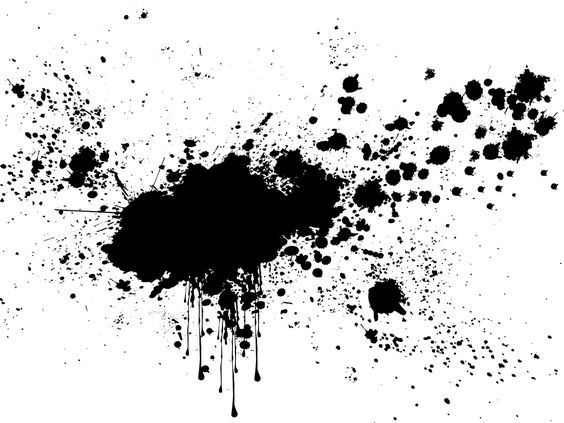The Theodicy of Art: Peladan’s Promethean Lucifer in La Rosa di Paracelso (Mimesis Edizione, Italy).
Link to full article: http://www.larosadiparacelso.com/index.php/rosa/article/view/30/47
The monstrous Satan languishing in Dante’s Ninth Circle of Hell and Milton’s disgraced rebel angel may be among the most familiar forms given to Lucifer in Western culture, but from the eighteenth century onwards, a more Promethean figure emerged, whom many Romantic poets, artists and authors sought to redeem. The phenomenon of “Literary” or “Romantic Satanism” was the product of sociocultural ferment throughout the “long eighteenth century” and the cultural impact of the French revolution. This Promethean Lucifer lay at the heart of much of the thought of visionary occult author Joséphin Péladan (1858-1918), who reinterpreted Scripture, conflating it with Platonic thought and ancient theogonies to produce his own syncretic cosmology in which it is the task of humanity to redeem and liberate a slandered and misunderstood Light-bringer along with his offspring. While very much in the spirit of his time, Péladan’s perspective clearly diverges from the Romantic Satanism and the heroic, revolutionary Lucifer of many of his contemporaries. He acknowledges that Lucifer and his angels sinned, but considers it to have been an error “made out of love,” going so far as to deny the existence of evil itself. He could fathom neither the concept of original sin as an immutable curse, nor the eternal condemnation of Satan or mankind. This preoccupation is central to his work, resting on his conviction that the true cause of the Fall was the misguided love of the creator-angels for their human creations. Believing that the great thinkers and artists of history were descendants of the fallen angels, Péladan’s approach is one of heartfelt Christian compassion and faith in liberation through repentance, drawing on diverse sources including apocryphal Scripture and Aeschylean drama to flesh out his theory. This paper untangles the complex, and often misperceived web of Péladan’s complex reimagining of a Promethean Lucifer as forefather of the arts and, by extension, his influence on the artists of the Salons de la Rose + Croix as well as other authors and occultists of his time.


